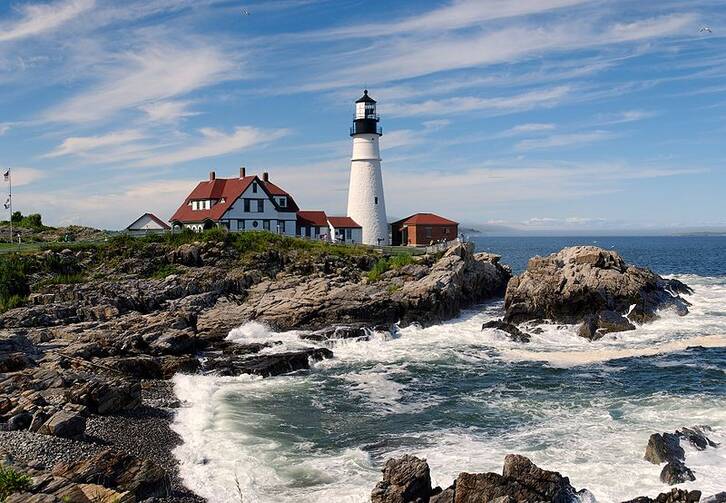As the United States chose an unorthodox new president, the citizens of Maine quietly approved an unorthodox way of electing people to office. Ranked-choice voting is used in a few municipalities, but Maine would be the first state to use the system for gubernatorial, congressional and legislative races (if the referendum proposal withstands any court challenges). As The Bangor Daily News describes the rather complex process, “A winner is declared if a majority picks a candidate as their first choice. But if not, the candidate with the lowest share of first-place votes is eliminated and second-place votes for that candidate are reallocated, a process that will be repeated until a majority is won.”
Under such a system, candidates who do not fit the rigid two-party model could have a path to election—candidates, for example, who support Democratic Party economics but are pro-life, or who support the Republican Party on spending and taxation but also back environmental protection measures. But ranked-choice voting could also lead to a proliferation of niche candidates hoping to slip into office with little scrutiny, and the system may not be compatible with the compromise and coalition-building that are essential in a working democracy. Maine, where independent candidates are unusually popular and several state officeholders have recently won with far less than a majority of the vote, is a good state for this experiment. But it would be wise for other states to see what happens in Maine before adopting this innovation themselves.








